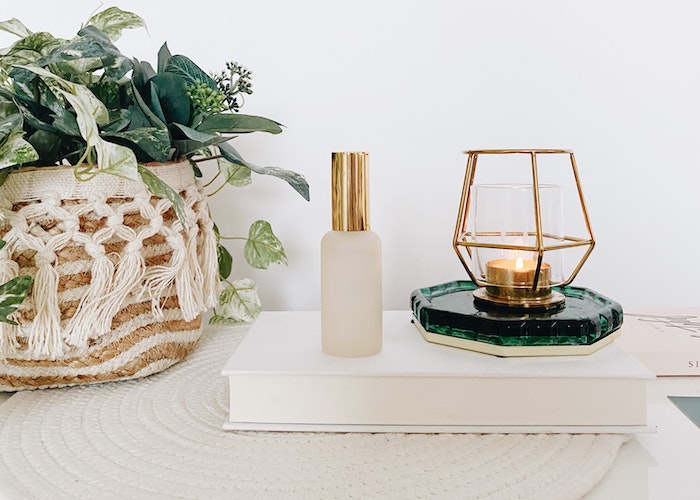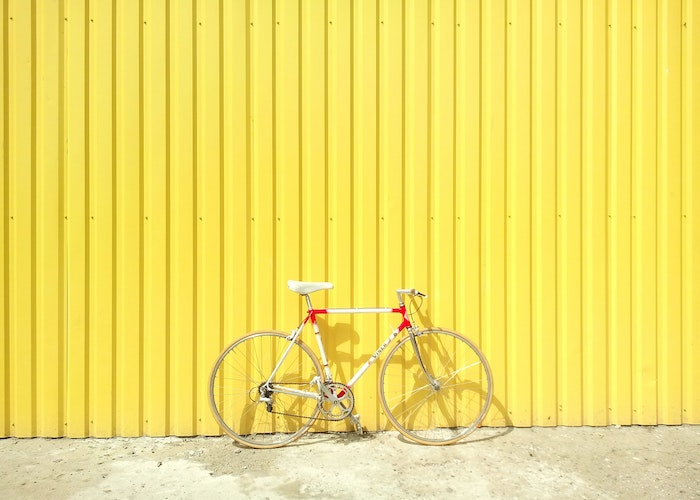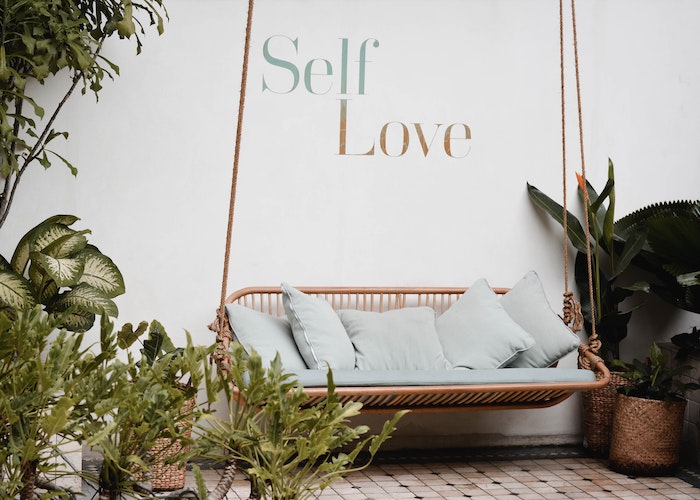The 7 Personal Finance Articles We Loved This Week
In my first few years after college, when I was budgeting my lifestyle with my own income for the first time, I prized experiences over possessions every time, hands down. I was so averse to spending my (scant) earnings on materials items that I held out on buying proper winter boots for an entire year (I weathered several blizzards by wearing two layers of socks beneath knee-high rain boots, and wiped out on ice slicks more than a few times) and refused to buy any sort of window AC unit for two years (I spent many sleepless nights balancing ice cubes or wet rags on my forehead).
When I finally caved, marched myself to Kmart, and begrudgingly bought a $100 unit, I refused to pay for a cab ride to take it to Harlem (yes, folks; I carried it with my bare hands and tremulous forearms through Penn Station, onto the subway, through my neighborhood, and up five flights of stairs. The whimsy of your early twenties, AMIRITE?).
Even today, many years into this thing we call Adulthood, I’ll choose to buy a pair of tickets to the theater over a pair of new shoes. That said, I’ve learned that — when you’re living on a budget that doesn’t allow for much more than canned beans and walks in the public park — a material purchase can actually be an experience. The feeling of honestly paying for and truly owning an essential item that makes life infinitely more comfortable or convenient…it’s a trip, and sometimes, the satisfaction of ownership lasts much longer than the thrill of experience.
That’s why I found J. Money’s seventh pick of the week, “Experience is Better Than Stuff – Except When It’s Not,“ a particularly interesting read. It breaks down buyers’ experience of purchases (experience vs. material) and gives some quantitative insight into how people process satisfaction from their purchases:
57% of the participants reported that experiences made them happier while 34% reported that material purchases made them happier.
A straightforward (and somewhat expected) assessment. But the truth becomes more nuanced when you take different demographic factors into account: “The [preference for experience spending] was bigger for urban or suburban residents (56% experience vs 35% material, and 59% vs 31%) than rural residents (49% vs 40%)…As income increased, the percent reporting experiential purchases went up (roughly 45% vs 40% for the lowest income range and 70% vs 20% for the highest income range).”
What does all this mean, to me? When you’re living a higher-income lifestyle in an urban or suburban area, material purchases are more commonplace; they hold less lasting, impactful satisfaction. When you’re living in a rural area at the low end of the socio-economic spectrum, material purchases tend to strike your fancy and deliver more satisfaction because — and I can relate to this directly — the act of scrimping and saving up to finally own a coveted material good is an experience in and of itself.
Enjoy the rest of J. Money’s thought-provoking reads!
1. How to Get the Raise You Deserve — Mr. Everyday Dollar
“If you do 80% of the work upfront, you make it really hard for your manager to tell you ‘No.’ I’m going to show you, step by step, how to do this. And I learned this the hard way.”
2. 14 Signs You Might Become a Millionaire — Rich Habits
“There are 14 signs that will lead to success and wealth. If you possess all 14, your chances for becoming rich increase geometrically.”
3. How Our Budget Helped Us Budget For Something We Didn’t Budget For — You Need A Budget
“You see, budgeting isn’t keeping us from pursuing this opportunity that came out of nowhere. Budgeting, instead, made it possible for us to say YES in all caps. Budgeting, with each decision we make right now, continues to align our money with this sudden, exciting priority.”
4. A 5-Step Plan to Retiring Early — Market Watch
“While many think of retirement planning as a complex process, it doesn’t have to be. Below, we outline the key strategies learned by people who have done it — people who, without being millionaires, managed to retire in their 30s, 40s and 50s.”
5. Debt Is Lonely, But We Can Change That — Mixed Up Money
“Let’s stop the vicious cycle that leaves those in debt feeling alone and unable to make the leaps we know they will. I’m here as an accountability buddy, a safe zone, and a place to share your story.”
6. 137 Ways to Earn Your First Side Dollar — Personal Profitability
“Budgets are important, but you’ll rarely get rich from budgeting. Real wealth comes from income, and every single one of you has the ability to earn more (unless you are restricted by a work visa while living abroad).”
7. Experience is Better Than Stuff – Except When It’s Not — Keep Thrifty
“In the personal finance community, there’s a strong focus on the experience side; those who focus on stuff tend to get shunned. But if these people really are getting more happiness from buying stuff, is it really such a bad thing?”
Image via Unsplash





